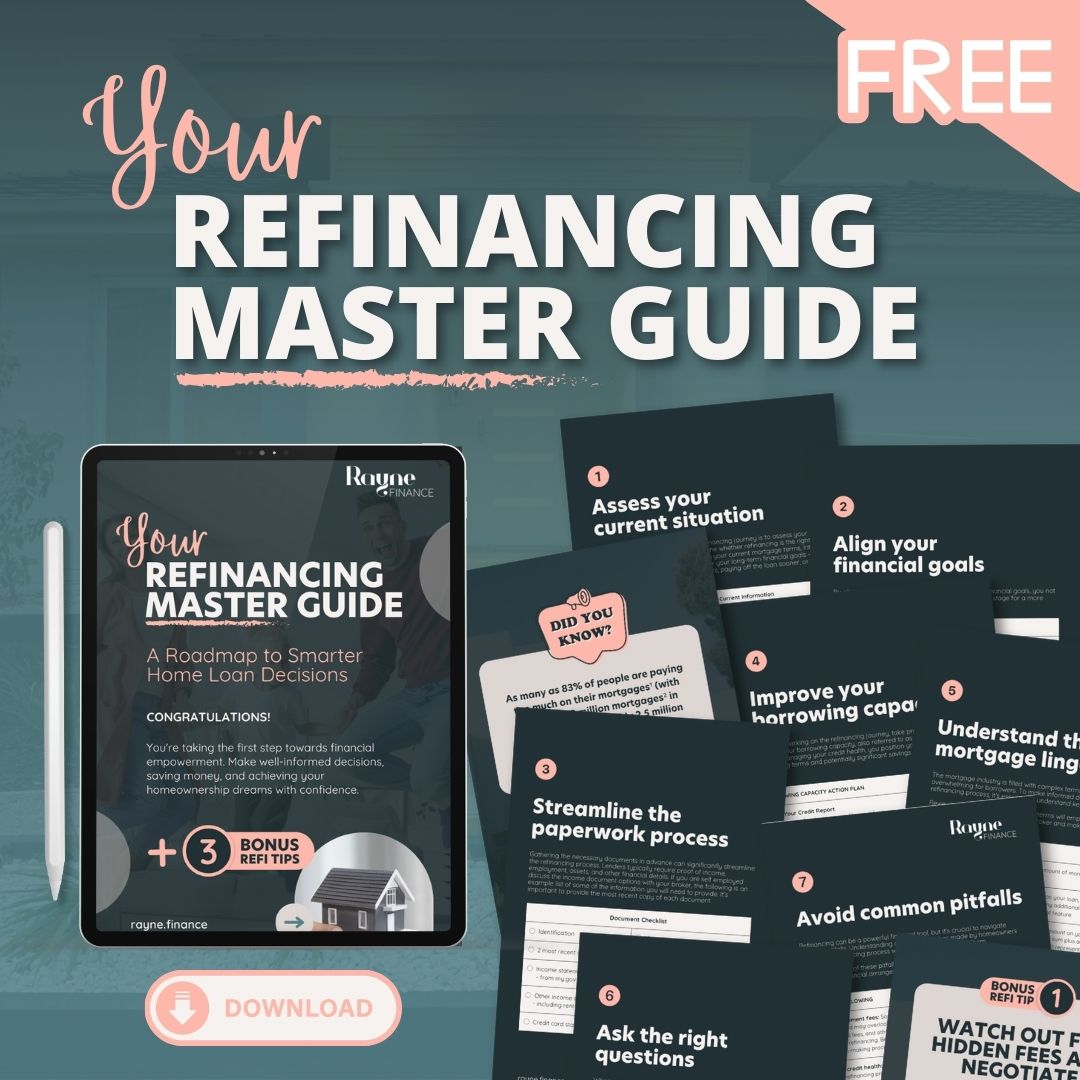They can live in more desirable suburbs, but due to high costs of entry, they may have to rent; if they would like to buy, they probably have to move further out from the city centre.
This has become a growing concern in recent times, with the national median property price jumping 37.8% between March 2020 (the start of the pandemic) and August 2024.
That’s why more people have been talking about a strategy known as rentvesting, which aims to offer first-home buyers the best of both worlds. This involves renting where you want to live (such as the inner and middle rings of our capital cities) and buying an investment property where you can afford (such as a regional location).
The pros of rentvesting
One benefit is you get to live where you want. For now, that might be the suburb in which you are already established; later, it might be interstate or overseas, if you want to travel or accept a job opportunity.
Another benefit is you’ll be able to enter the market ahead of schedule, given your investment property will be cheaper than any owner-occupied home you might have eventually bought.
From that point, even as you’re renting, you’re still building wealth. As you pay down your mortgage and (hopefully) your property rises in value, your equity grows.
Furthermore, because your property will be an investment, you’ll collect rental income – which can help offset your mortgage costs – and may be able to claim tax benefits, such as negative gearing and depreciation.
The cons of rentvesting
Rentvesting, though, also has some disadvantages.
The biggest is that you have to make rent and mortgage payments each month.
Another downside is that you need to accept all the responsibilities that come with being a landlord. Most rentvesters outsource those responsibilities to a professional property manager – which incurs further costs.
One more thing
Rentvesting doesn’t have to be a permanent strategy: instead, it can be an entry onto the property ladder, and help you access the next rung.
Here’s how: after a few years of rentvesting, once you’ve built sufficient equity, you might be able to sell your investment property and use those funds – as well as any money you’ve saved in the meantime – to finally buy an owner-occupied home.
Rentvesting doesn’t suit everyone, but it can be a clever strategy for the right person. It is worth having a conversation with your accountant or financial advisor to determine if this strategy is right for you.
Licensing statement: Rayne Finance ABN [70 605 100 838] is authorised under LMG Broker Services Pty Ltd Australian Credit Licence 517192. Disclaimer: (1) As with any financial scenario there are risks involved. This information provides an overview or summary only and it should not be considered a comprehensive analysis. You should, before acting in reliance upon this information, seek independent professional lending or taxation advice as appropriate and specific to your objectives, financial circumstances or needs. This publication is provided on the terms and understanding that: (2) LMG Broker Services Pty Ltd, Rayne Finance (Seed Lending Pty Ltd) and the authors, consultants and editors are not responsible for the results of any actions taken on the basis of information in this publication, nor for any error in or omission from this publication. (3) LMG Broker Services Pty Ltd, Rayne Finance (Seed Lending Pty Ltd) and the authors, consultants and editors, expressly disclaim all and any liability and responsibility to the maximum extent permitted by the law to any person, whether a purchaser or reader of this publication or not, in respect of anything, and of the consequences of anything, done or omitted to be done by any such person in reliance, whether wholly or partially, upon the whole or any part of the contents of this publication.
Explore other FAQs and Facts
50,000 new places in the Home Guarantee Scheme
From 1 July 2025, an extra 50,000 places are available in the Home Guarantee Scheme, helping eligible buyers purchase a home with a smaller deposit and avoid lenders mortgage insurance. The scheme has already supported over 160,000 Australians since 2020, with tailored guarantees for first-home buyers, regional buyers, and single parents.
How property markets are performing throughout Australia
Australia’s property market is maintaining steady momentum, with dwelling prices rising 1.7% in the first five months of 2025. Perth leads annual growth at 8.6%, followed by Adelaide and Brisbane. Nationwide, demand is outpacing supply, fuelled by interest rate cuts, strong migration, and renewed buyer confidence.
How much do you need for a home deposit?
Buying a property but don’t have the deposit in cash right away? There may be an alternative worth considering. In some situations, buyers can provide a guarantee instead of upfront funds. It’s a tool that can offer flexibility without compromising the seller’s confidence, but how does it actually work?
What are deposit bonds and how do they work?
Buying a property but don’t have the deposit in cash right away? There may be an alternative worth considering. In some situations, buyers can provide a guarantee instead of upfront funds. It’s a tool that can offer flexibility without compromising the seller’s confidence, but how does it actually work?
Understanding conditional loan approval
Thinking about buying a property? You’ve probably heard the term “conditional approval” thrown around but what does it actually mean, and how does it differ from unconditional approval? Understanding the difference can help you feel more confident, better prepared, and avoid surprises as you move through the home loan process.
How to use equity to purchase property
Equity in your home can open doors to new financial opportunities, including property investment, renovations, or debt consolidation. It’s about understanding what you’ve built up—and how to use it wisely. With the right guidance, equity can help you move forward with confidence, but it’s important to weigh the benefits and risks.
What are low-doc loans and who are they for?
Low-doc loans offer a solution for self-employed borrowers who lack traditional financial documents like payslips or tax returns. Instead, lenders assess income using BAS, bank statements, or accountant declarations. While these loans provide flexibility, they often require higher deposits and carry stricter conditions, making them best suited for specific borrower situations.
Home loan redraw facilities explained
A home loan redraw facility lets you access extra repayments you’ve made on your mortgage, helping to lower interest while offering flexibility if you need funds later. It differs from an offset account in accessibility and structure, with pros and cons depending on your spending habits and how easily you need to access savings.
Help to Buy scheme and changes to how lenders consider student debt
More Australians could soon enter the property market with just a 2% deposit, thanks to the expanded Help to Buy scheme. Meanwhile, new lending guidance means student debt will now be treated more flexibly, helping younger buyers. These changes aim to make homeownership more accessible for low- and middle-income earners.
What the federal budget means for buying property
The 2025 federal budget introduces key measures affecting home buyers, including an expanded Help to Buy scheme, increased infrastructure investment, and incentives to grow the construction workforce. Foreign investors face new restrictions, and funding for prefabricated homes aims to accelerate supply. These changes could significantly reshape Australia’s property market.














